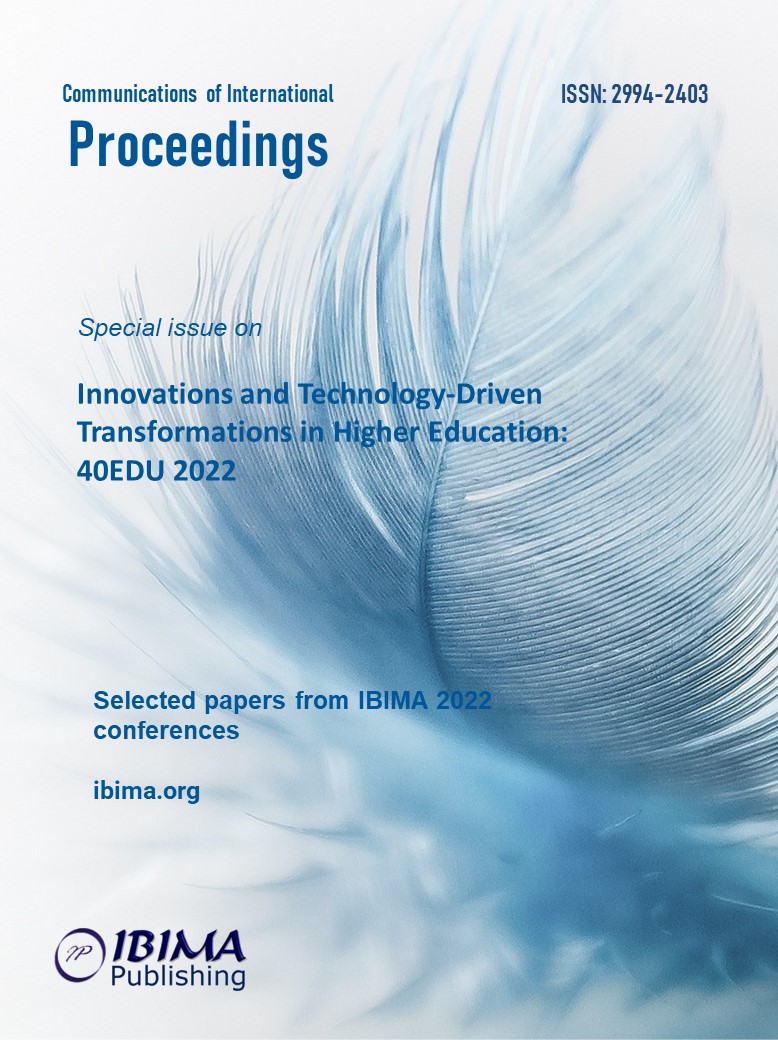
1Rita-Gizella PÁSZTOR, 2Ferenc SZILÁGYI, 3Norbert APÁTI and 4Hajnalka IZSÁK
1,2,4 Partium Christian University, Oradea, Romania
3 University of Debrecen, Debrecen, Hungary

The main area of investigation in migration studies is labour mobility, which nowadays, has been complemented by educational migration with its related topics, such as studying abroad, further education and cross-border commuting to school. Educational migration has a positive effect on the receiving country, while it affects the demographics, the labour marker, the social security and the education system of the sending country. It especially impacts local communities by generating demographic and employment losses.
The aim of the present study is to discuss the educational migration phenomenon in Bihor – Hajdú Bihar County based on qualitative data. Our focus is on concerning students living and studying in the catchment area of the border between Hungary and Romania.
We investigate the educational migration from Romania to Hungary, using the interview research method, focusing on students enrolled in Hungarian-medium public education. The primary source is the data collected from the semi-structured interviews conducted in 2021 with the parents of students living in the Hungarian ethnic blocks of Bihor County and studying in Hungary.
The aim of our exploratory research is to identify the motivation behind studying abroad in the case of Hungarian youth in Romania. We also investigate expectations held (by parents in particular) and the effects of studying abroad and travelling on a daily or weekly basis.
Research results show that personal factors, the quality of education and of services as well as career opportunities are the major contributors to educational migration.